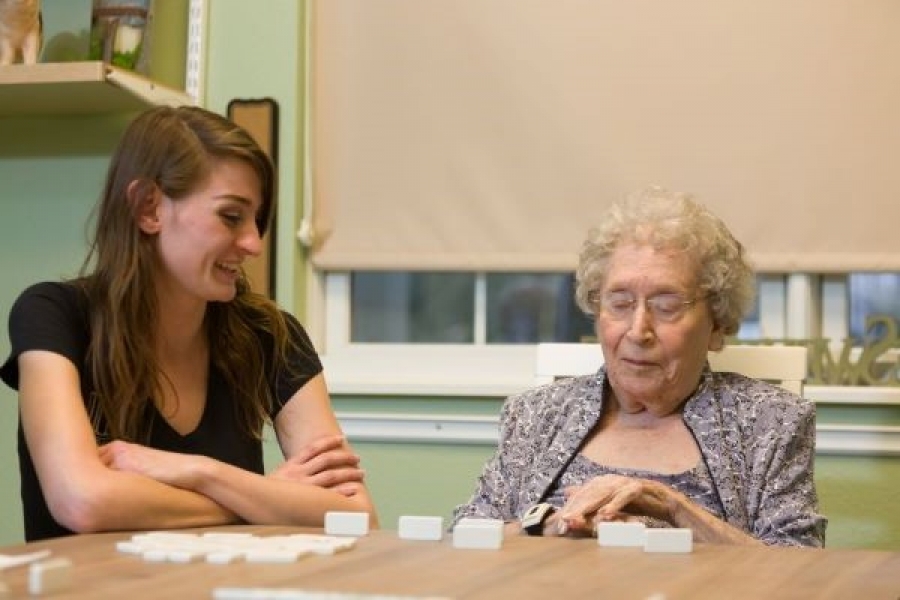It is not easy to watch an older member of the family suffer from the progressive effects of Alzheimer’s disease or some other form of dementia. As the symptoms of dementia progress, ensuring the safety and overall well-being of the person can become extremely difficult. Many senior citizens with dementia are unable to do everyday activities like bathing or eating properly. Hence, it would be a good idea to get them enrolled at a memory care facility like Aspen Creek of Troy. Memory care services are designed to help people with dementia maintain their quality of life and make the most of each day.
Aspen Creek of Troy offers valuable insights into memory care services
Memory care is a subset of assisted living and nursing home care, and is steadily gaining popularity. Memory care homes ideally have smaller staff-to-patient ratios than typical assisted living facilities, and tend to be designed specifically to meet the safety, medical and social requirements of people who have dementia or some form of cognitive impairment. They maintain a holistic approach towards caring for people with dementia.
It is not easy to properly take care of someone who suffers from cognitive problems. Getting diagnosed with dementia is not uncommon for senior citizens. As the disease progresses, these people may face issues in thinking, remembering, and even doing simple day-to-day tasks like bathing, dressing up, and eating on time. They may depend on a family member to act as a caregiver and assist them with such activities. However, at times the situation becomes too overwhelming for a caregiver who doesn’t have the appropriate expertise or training. Hence, it is always better to trust the experts of a memory care home to provide the required support and assistance to a family member with dementia.
The key goal of memory care homes is to maintain the independence, dignity and safety of the people it serves. Systematic memory care and support provided by empathetic and specially trained staff can go a long way in improving the quality of life of people with dementia. The level and type care needed by each person shall depend on the stage of dementia. In the very early stages of the condition, several senior citizens are able to live somewhat independently. However, as the condition progresses and one reaches the middle stages of the disease, they are likely to require round-the-clock supervision. And in the final stages, the level of care becomes more intensive. Memory care comes can cater to senior citizens at any stage of dementia. They do not maintain a cookie-cutter approach to memory care, and rather provide individual care to each of the residents. Memory care facilities see to it that their residents get appropriate meals in a timely manner, as well as are able to take part in physical activities and cognitive training as necessary.
Around 60% of people with dementia are prone to wandering, and therefore memory care facilities have thoughtful security. Alarmed doors and enclosed outdoor spaces are common in such facilities to keep residents safe. Aspen Creek of Troy, for instance, maintains a computerized system that alerts staff if a resident attempts to wander to an unsafe area.
